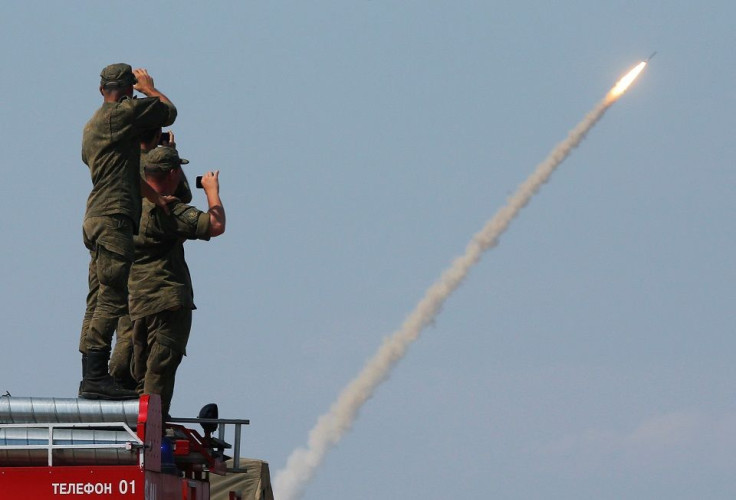How North Korea’s missile test could affect Australia

North Korea announced this week that it had tested a missile, which was claimed capable of hitting "anywhere in the world.” Here is what the move could mean for Australia.
An ICBM has a minimum range of 5,500 kilometres. The North Korean missile's actual range can have far greater range than that. It could have a maximum range of 6,700 km, according to the US-based Union of Concerned Scientists. The director of the Lowy Institute's International Security Program said that was a “conservative estimate.”
Euan Graham said the South Korean news agency, Yonhap, talked about how the missile may have an 8,000 km range. He explained if that is the case, it would not only be northern Australia within range, but also central Australia.
Graham believes the threat against Australia is low."But that's not to say it's negligible, that's not to say that defence planners don't need to take it into account," ABC quotes him as saying.
Australia slammed North Korea following its announcement of a new intercontinental ballistic missile. Foreign Minister Julie Bishop was quick to react, calling the move a provocative act that breaches several United Nations Security Council resolutions.
Bishop believes North Korea was "on a path to achieving nuclear weapons capability,” adding Kim Jong-un wants to develop an intercontinental ballistic missile that can carry a nuclear payload as far as the US. That would mean Down Under would be in reach.
Threats against Australia
North Korea had previously warned that Australia could be targeted in a strike, pointing its alliance with the United States. Senior military capability analyst Andrew Davies said that North Korea would have to rethink about a strike aimed at Australia, given the US’ nuclear security guarantee. He also believes that there is no huge risk of a strike in Australia and that there was no “sensible reason” for North Korea to attack a US ally.
One thing that Australia does not have is a missile defence system, something that South Korea and Japan both have. That means North Korea could perceive its missiles having a better chance of getting through Down Under.
It would be the obligation of Australia to send contributing forces if war breaks out on the Korean Peninsula, Graham added. "I'm not saying that war is likely, but the more this continues to escalate between the US and the North Koreans, the more prudent it becomes for Australia to look into its own potential involvement in conflict scenarios."
Read More:
Affordability is Australia’s lowest performing digital readiness aspect: report
Optus apologises to customers after mobile, broadband outage
The Telegraph/YouTube




















